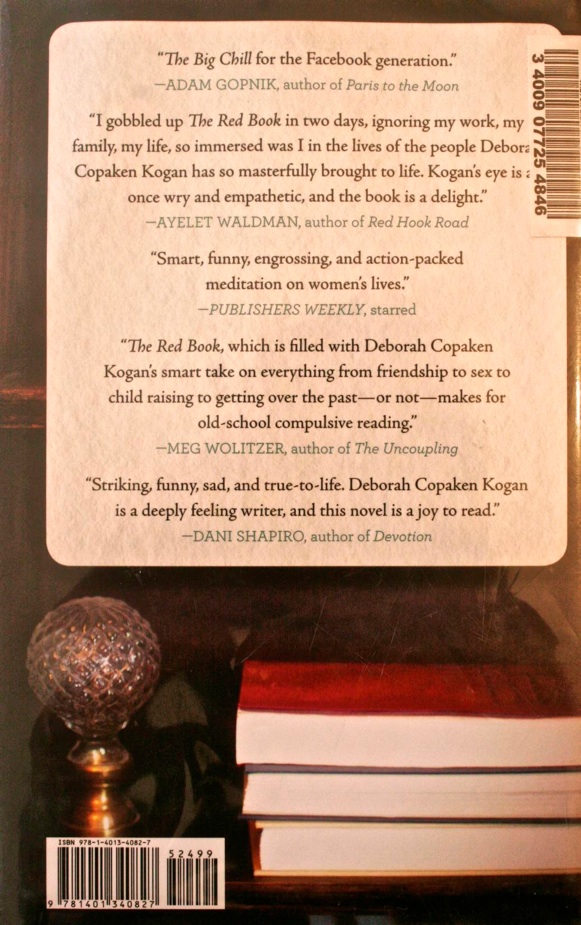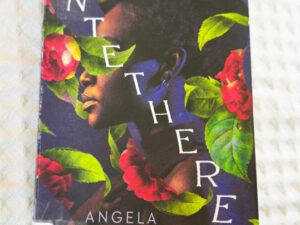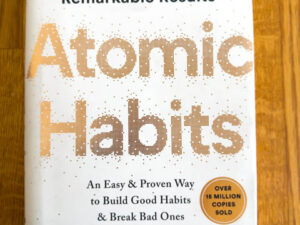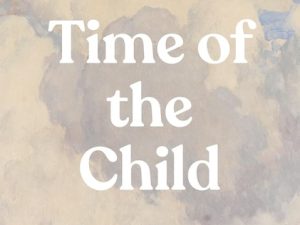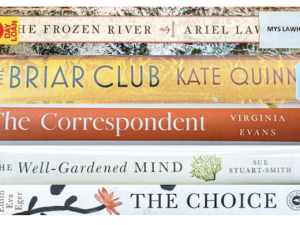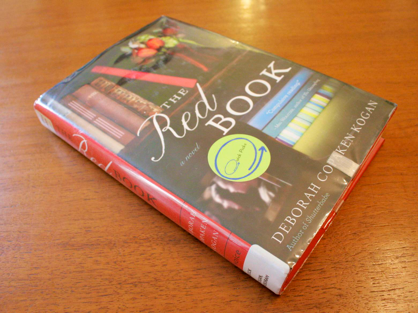
–
The red book is a publication put out by Harvard every five years after graduation where each graduate has to account for what they have done with their lives in the intervening years. Upon starting on campus as freshman there is initially a “Facebook” showing each freshman, and where they were from and what high school they went to. This is what gave the germ of the idea for the current Facebook we know today.
Anyway, this novel utilizes hypothetical red book entries to introduce characters returning to Harvard for their twentieth reunion. The whole book takes place during the one weekend of reunion, along with flash backs and foreshadowing. The structure of the book is innovative and the characters do progress and evolve over the short time.
The main theme of the book seems to be that even though these kids had it together enough to go to Harvard, none of them actually have it together much at all. Life is messy. This fact is manifested in this book by swear words, drug usage, lots of adultery and divorce, a fourteen year old loosing her virginity, homosexuality, sex change, fiscal irresponsibility, accidents and death. There is also love, hope, generosity, and striving for authenticity. There are lots of choices to be navigated.
Here are some bits worth noting:
- “Narrative is much less about the facts of the tale itself – who did what where, when, and why, which I know are the tools of your trade – than it is about how the narrator frames the story, when she chooses to tell it, where and why she tells it, in whom does she confide.”
- “Morality, in her mind, has always wanted to be a binary entity – good on one side, bad on the other, sturdy guardrails between the two marked by well lit signs – when in reality, the moral path rarely offers itself up so tidily. Most of the time, doing the right thing feels much more slippery, haphazard, and comical, like crawling around on the bathroom floor with two playing cards, trying to retrieve drops of mercury from a broken thermometer.”
- “Truisms her younger self held so dear have not held up to the scrutiny of time and circumstance. Military intervention is always wrong, she was convinced – she even wrote her senior thesis on it, with regard to Vietnam – until she saw what was happening on the ground in Kosovo. Lying is bad, she always thought, until her mother lay on her death bed, fretting over the way she must appear to the steady stream of visitors who kept showing up with roast chickens and pies. ‘Don’t be silly, Mom,’ Jane would say. ‘You look great.’”
- “Weddings are hardly happy endings. They are the most fragile of beginnings.”
So, yes, life is messy for everyone, much more than expected or planned. But it is still good and worth the struggle. This book, which sagged a bit with a three star middle, perked up to four stars by the end. Any of us have got it at least as together as any in this crowd from Harvard. Is that encouraging or sobering?
–
